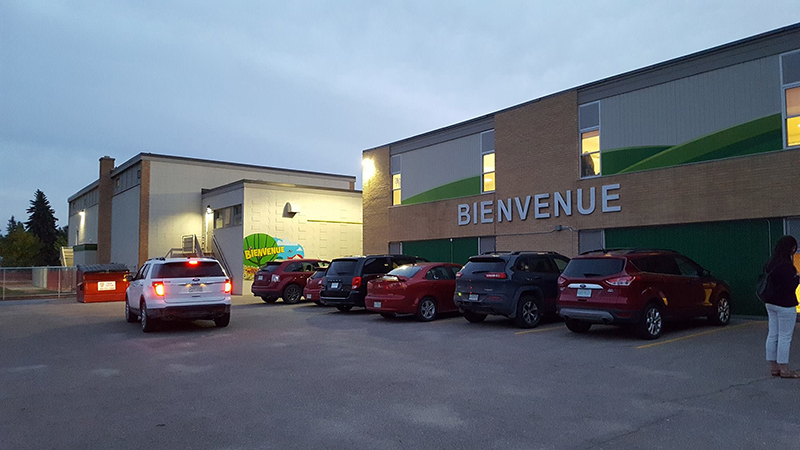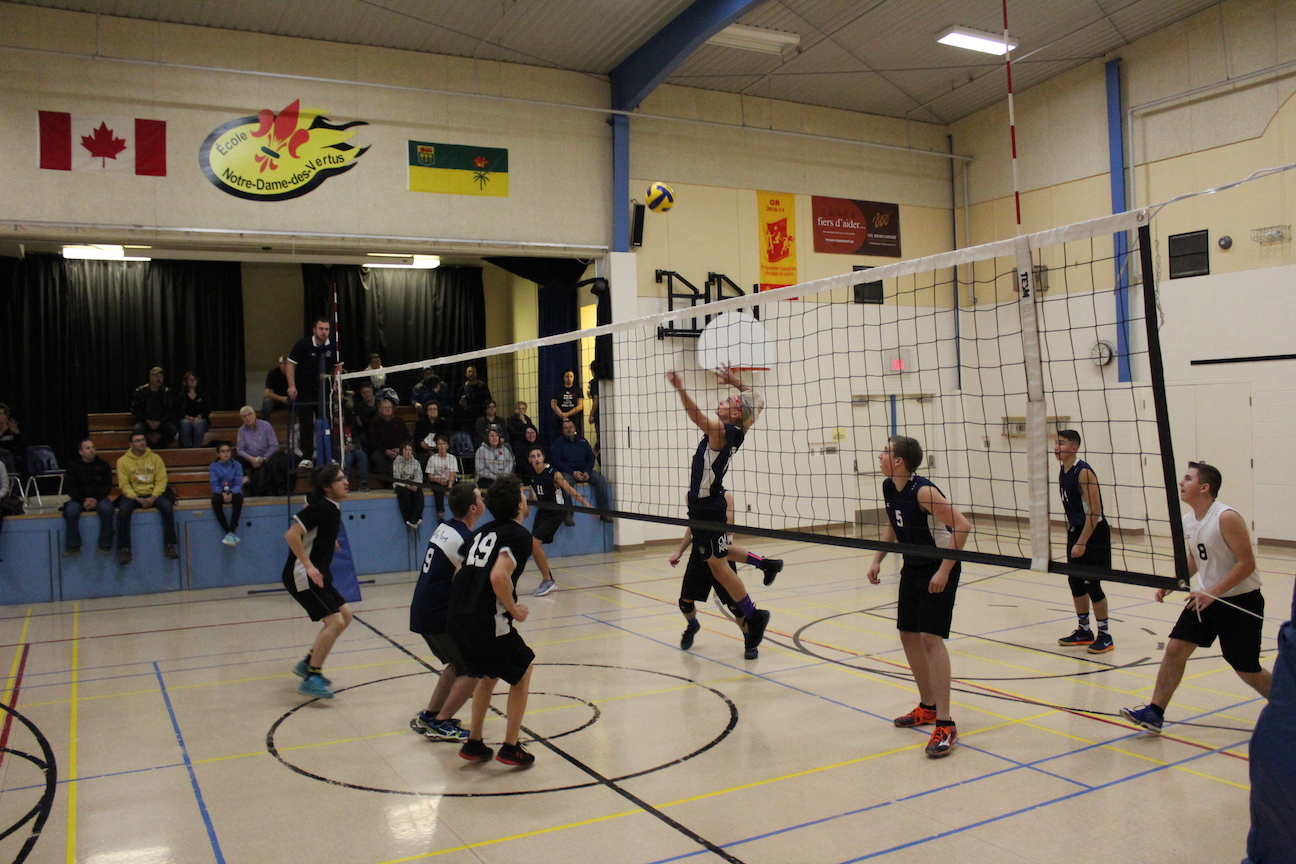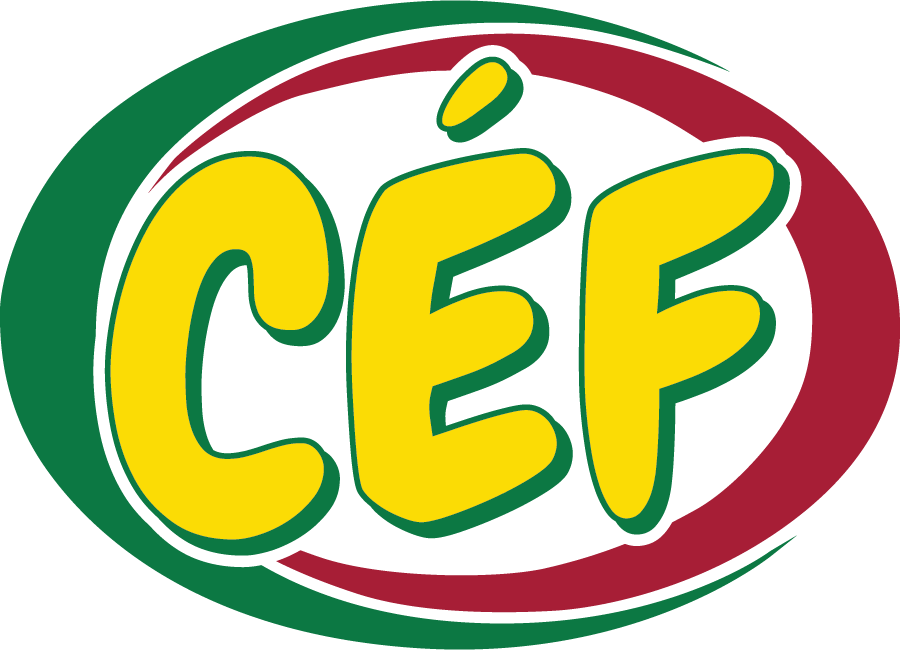Plus de 200 personnes ont profité de la soirée portes ouvertes le 30 août dernier pour venir découvrir la nouvelle école du Parc à Regina, tout juste prête pour la rentrée. Il y avait des parents, des élèves et membres de la communauté qui, comme lorsque les enseignants l'ont visitée pour la première fois quelques jours auparavant, affichaient de magnifiques sourires, tellement ils étaient impressionnés par le beau travail que les équipes chargées de rénover l'ancienne Ecole St.Andrew School avaient accompli en deux mois seulement:
Journée portes ouvertes à l'école du Parc






